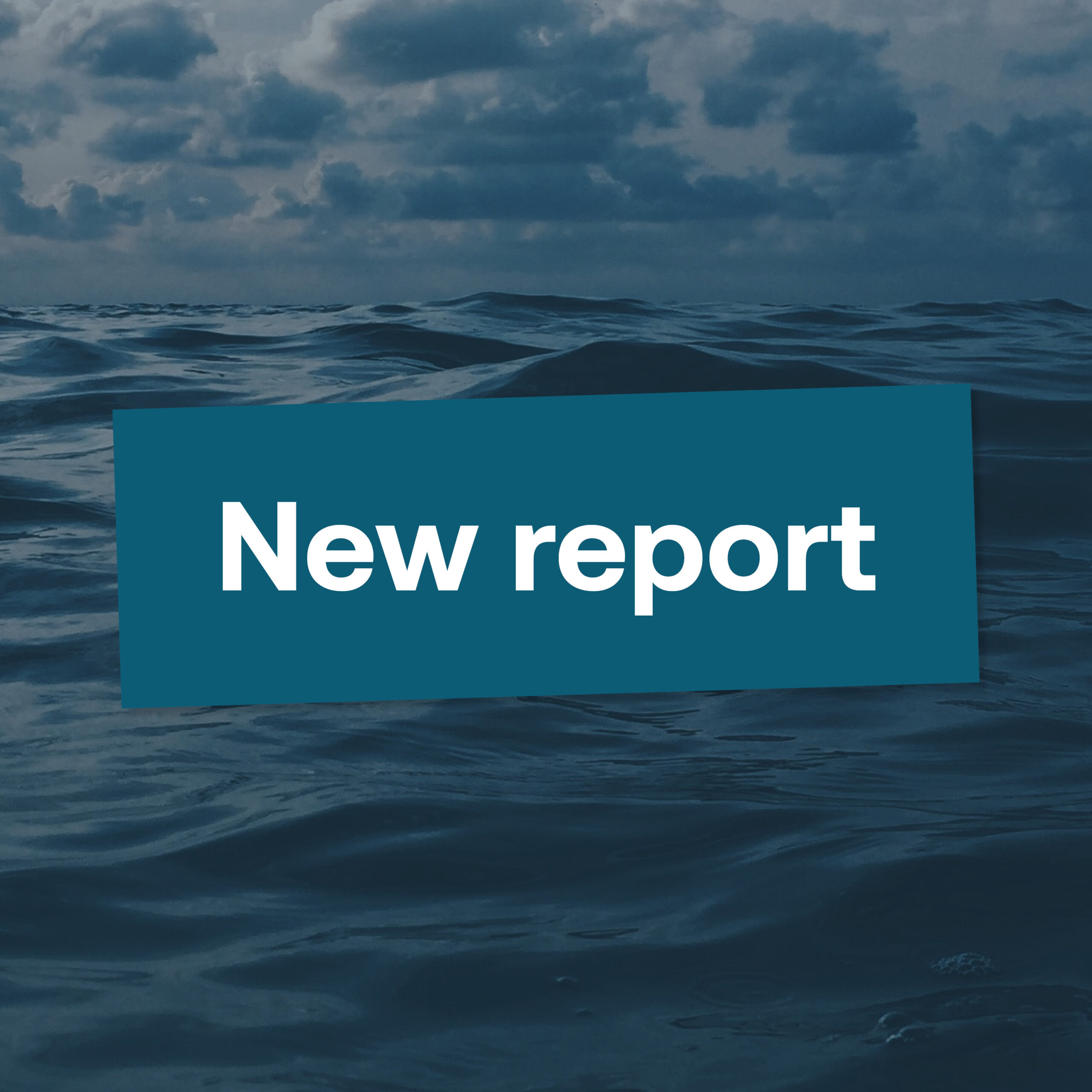A new report by Stefan Fölster, commissioned by BalticWaters, reveals that the current fisheries policy has undermined both the future of fish stocks and the industry. International examples and research confirm that it is entirely possible to restore fish stocks in the Baltic Sea. By actively applying the precautionary principle and regulating large-scale fisheries, a sustainable and profitable future for Baltic fisheries, society, and preparedness can be secured.
The Baltic Sea has historically been an important source of food and recreation, but overfishing and poor management have led to a significant decline in fish stocks and the economic value the sea can produce. What remains today is fishing mainly for animal feed, which targets fish stocks that continue to shrink. The sparse stocks and reduced size of the fish make it relatively unprofitable to fish for human consumption.
However, in several parts of the world, depleted fish stocks have been successfully rebuilt. Based on these experiences, this report calculates the value of two scenarios in which the commercial fish stocks in the Baltic Sea recover:
- A main scenario where large-scale trawling is limited to 25 percent of the Baltic Sea, while the remaining area is reserved for coastal and recreational fishing – or is fully protected.
- A precautionary scenario where large-scale trawling ceases entirely in favor of small-scale and recreational fishing.
The calculations show that current large-scale fishing is economically unprofitable, with substantial subsidies and high carbon emissions. However, the proposed scenarios would generate annual profits of up to 260 million SEK and a net present value of up to 13.9 billion SEK over 50 years. A large part of the profit stems from the recovery of coastal commercial fishing and recreational fishing, but even large-scale fishing could catch and earn more than it does today. Moreover, restored stocks would strengthen crisis preparedness.


A summary of the report is available here.

